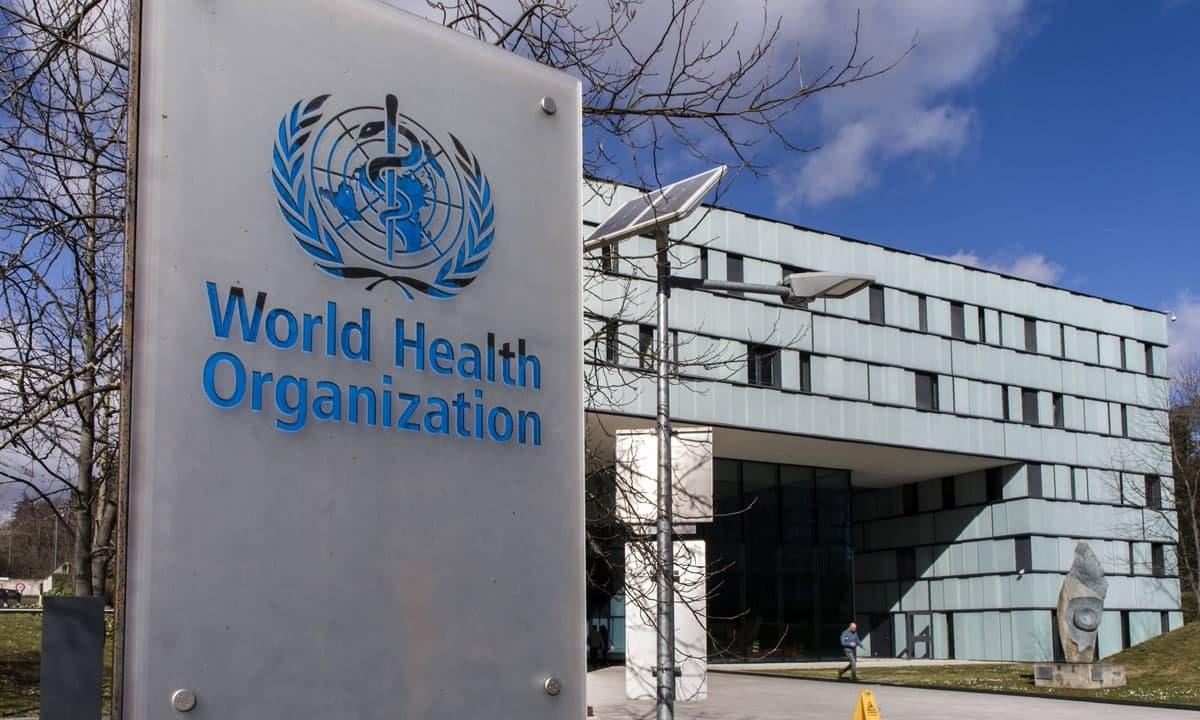GENEVA, May 28 (Xinhua) -- The World Health Organization (WHO) on Friday reiterated its call for a "de-politicized environment" for the study on COVID-19 virus origins, as the whole process of the study is being "poisoned by politics."
Speaking at a WHO press briefing on Friday, Mike Ryan, executive director of the WHO Health Emergencies Program, called on "everyone out there to separate, if they can, the politics of this issue (COVID-19 origin study) from the science."
"If you expect scientists to do their work, if you expect scientists to collaborate and actually get the answers that you want, actually seek in a non-blaming environment to find the origin of the virus so we may all learn how to prevent this happening in the future, we would ask that this be done in a de-politicized environment where science and health is the objective of this and not blame on politics," he said.
The WHO senior official said it's "quite disturbing" to see over the past few days "more and more and more discourse in the media with terribly little actual news or evidence or new material" concerning the possible origins of the SARS-CoV-2 virus, the culprit behind the current COVID-19 pandemic.
While calling on governments to work together and create the space for the virus origin study to be done successfully, Ryan said the current politicization of this issue has put WHO in a "very unfair" position to "deliver the answers that the world wants."
"So we would ask that we separate the science from the politics, and let us get on with finding the answers that we need in a proper positive atmosphere, where we can find the science to drive the solutions through a process that's driven by solidarity," he said.
Meanwhile, Maria Van Kerkhove, COVID-19 technical lead for WHO, suggested that everyone read in detail the virus origin study report publicized by the WHO team of international experts in March, which covers a wealth of knowledge and clearly outlines the technical approach concerning further virus origin study.
Finding the virus's origins requires many studies and multiple missions, in which collaboration, openness and time are needed, she noted.
